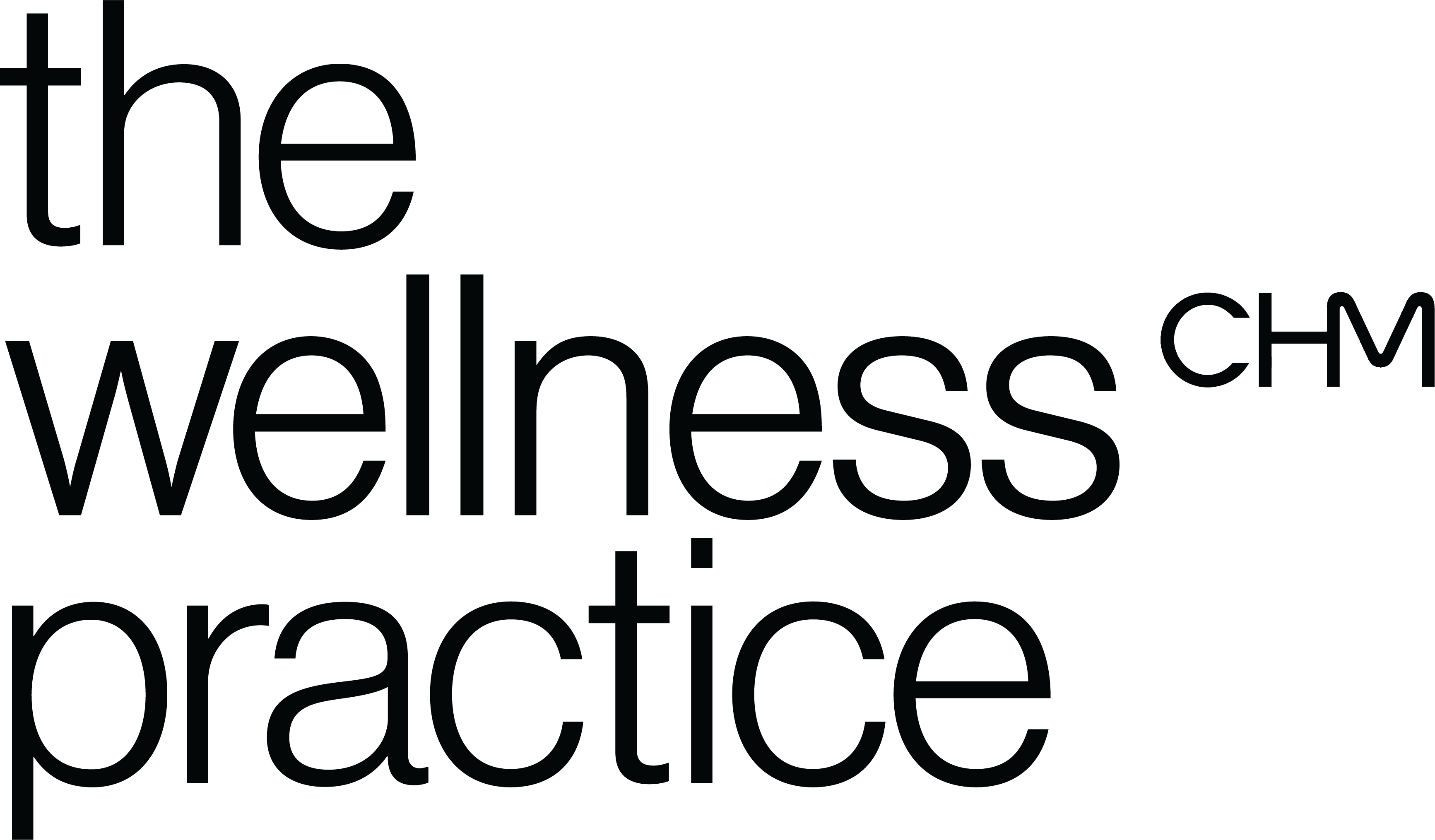Autism Assessment
Our psychology team offers specialised Autism assessments to individuals from 12 months of age through adulthood. We provide thorough evaluations, including clinical interviews, questionnaires, and cognitive tests, to diagnose and understand Autism Spectrum Disorder. Our tailored approach ensures accurate insights, tailored recommendations and support.
Autism Assessment
Enquire today and our Wellness Care Consultants will ensure you are matched with the right assessment, providing value for money.
Our Autism Assessment can be combined with an ADHD Assessment. This provides our customers with a significant reduction in costs compared to completing the programs separately.
Testing for Autism Spectrum Disorder involves a comprehensive assessment and includes:
Initial clinical interview: To gather background information.
Questionnaires: These will be administered to help assess developmental history with a focus on social and communication skills, behaviour patterns, and any sensory issues.
Evaluations: An evaluation of language, intelligence, and adaptive behaviour to help identify strengths and weaknesses.

All testing sessions will involve an initial interview, to gain background information, testing sessions to administer the assessments and any relevant questionnaires, and a final feedback session. This follows the completion of report writing to help you understand the final results and recommendations provided.
Please note that for all of these assessments, there is no guarantee of a diagnosis. All diagnoses are dependent on observations and results of assessments and questionnaires. In some situations, a recommendation may be given for further testing. However, all tests will include recommendations for the client and a focus on the strengths and weaknesses identified in the individual regardless of whether a diagnosis is given or not.
If a combination of assessments is needed, please speak to our team to discuss your options.
Frequently asked questions
An Autism assessment is conducted to determine whether a child or adolescent meets the criteria for Autism Spectrum Disorder. The assessment is comprehensive, typically involving multiple steps, such as clinical interviews (with the child and parents), questionnaires, observations, and standardised tests. The aim is to celebrate the child’s strengths, understand their challenges, and provide a diagnosis that can inform supportive and empowering interventions.
To get tested for autism, book your initial consultation online at a Wellness Practice near you. During this session, we will gather background information and discuss your concerns to determine the best approach for your assessment.
Early and accurate diagnosis of Autism is crucial as it allows for timely intervention and access to vital services and supports (e.g. NDIS) that can significantly improve their developmental outcomes and quality of life. A thorough diagnosis will cater to the specific communication, social, learning, and regulation needs of the child being assessed, respecting their individuality and helping them thrive in their own way.
The assessment process generally includes several stages:
- Initial Interview: A detailed discussion with parents or caregivers about the child’s developmental history, behavior, and any concerns.
- Observations: The psychologist may observe the child in different settings, such as during play or interaction with others.
- Standardised Tests: These often assess cognitive abilities, language skills, and social communication.
- Feedback Session: After the assessment, the clinician will review the results, provide a diagnosis if applicable, and discuss next steps, including recommendations for intervention and support.
Whilst this process can vary, the entire process may take several hours spread over multiple sessions. The full assessment process, from the initial consultation to the final feedback session, usually takes 3-4 weeks.
The assessment focuses on understanding the child’s unique way of experiencing and interacting with the world, including:
- Social Communication: Exploring how they communicate and connect with others, appreciating their preferred ways of interaction.
- Repetitive Behaviors: Noticing patterns in behavior that bring comfort or joy, such as routines or intense interests.
- Sensory Sensitivities: Understanding the child’s sensory preferences, recognising that their sensitivities are valid and part of their unique profile and helping to find way of catering for this within the wider world.
When performed by qualified professionals using standardised tools, an Autism assessment is highly accurate.
Autism Spectrum Disorder is not something to be outgrown but a lifelong aspect of who your child is, meaning that while the characteristics of Autism may change over time, the underlying neurological differences remain. Early intervention and ongoing support can help individuals with Autism lead fulfilling lives by improving their social, communication, and adaptive skills whilst nurturing and affirming their identity, developing skills that enhance their quality of life, and helping them navigate the world in a way that feels authentic to them.
If your child is diagnosed with Autism, their plan will include therapies and supports that align with your child’s strengths and interests. Through NDIS, you can access services that promote your child’s development, celebrate their uniqueness, and help them achieve their personal goals. The plan is reviewed regularly to adapt as your child grows.
You can support your child by preparing them with simple, positive explanations of what to expect. Emphasise that the assessment is about understanding how they see the world and celebrating their individuality. Ensure your child feels comfortable and relaxed during the process, bringing along comfort items if needed. Your calm and positive attitude will help your child feel safe and understood.
Asperger’s Syndrome was previously considered a distinct condition characterised by challenges in social interaction and restricted interests, but without significant delays in language or cognitive development. However, in 2013, a new edition of the DSM-5 (Diagnostic and Statistical Manual of Mental Disorders, 5th Edition) folded Asperger’s syndrome into the broader category of Autism Spectrum Disorder.
The change was made because the distinctions between Asperger’s and other forms of Autism were understood to be more about intensity than fundamentally different characteristics. By bringing these conditions under the umbrella of Autism Spectrum Disorder the goal was to make the diagnostic process more inclusive, facilitating a deeper understanding of the diverse experiences and needs of individuals on the spectrum.
While Asperger’s is no longer a separate diagnosis, many people who were previously diagnosed with Asperger’s still identify with the term and see it as an important part of their identity. Autism now encompasses a wide spectrum of traits and experiences, all of which are valid and valuable. No matter what term is used, a diagnosis is most valuable when it helps us understand and support each person’s unique characteristics, rather than forcing them into specific labels.
Choose a Wellness Practice near you for an Autism Assessment
Browse our recent wellness articles
Stay Informed and Inspired. Explore our latest insights on health, wellness, and holistic living.
Reframing your uninvited thoughts – it’s time to take control
We all have pessimistic thoughts about our jobs, what others…
Understanding Remedial Massage: Benefits Explained.
At The Wellness Practice, we believe in a holistic approach…
Recognising the signs: How Do I Know If I Need a Psychologist?
In the hustle and bustle of modern life, it’s easy…
Nutritionists vs Dietitians: Services in Penrith
Understanding Dietitians: Their role and how they differ from Nutritionists…








